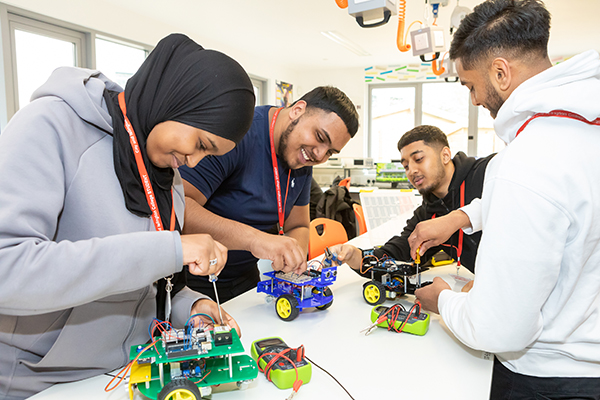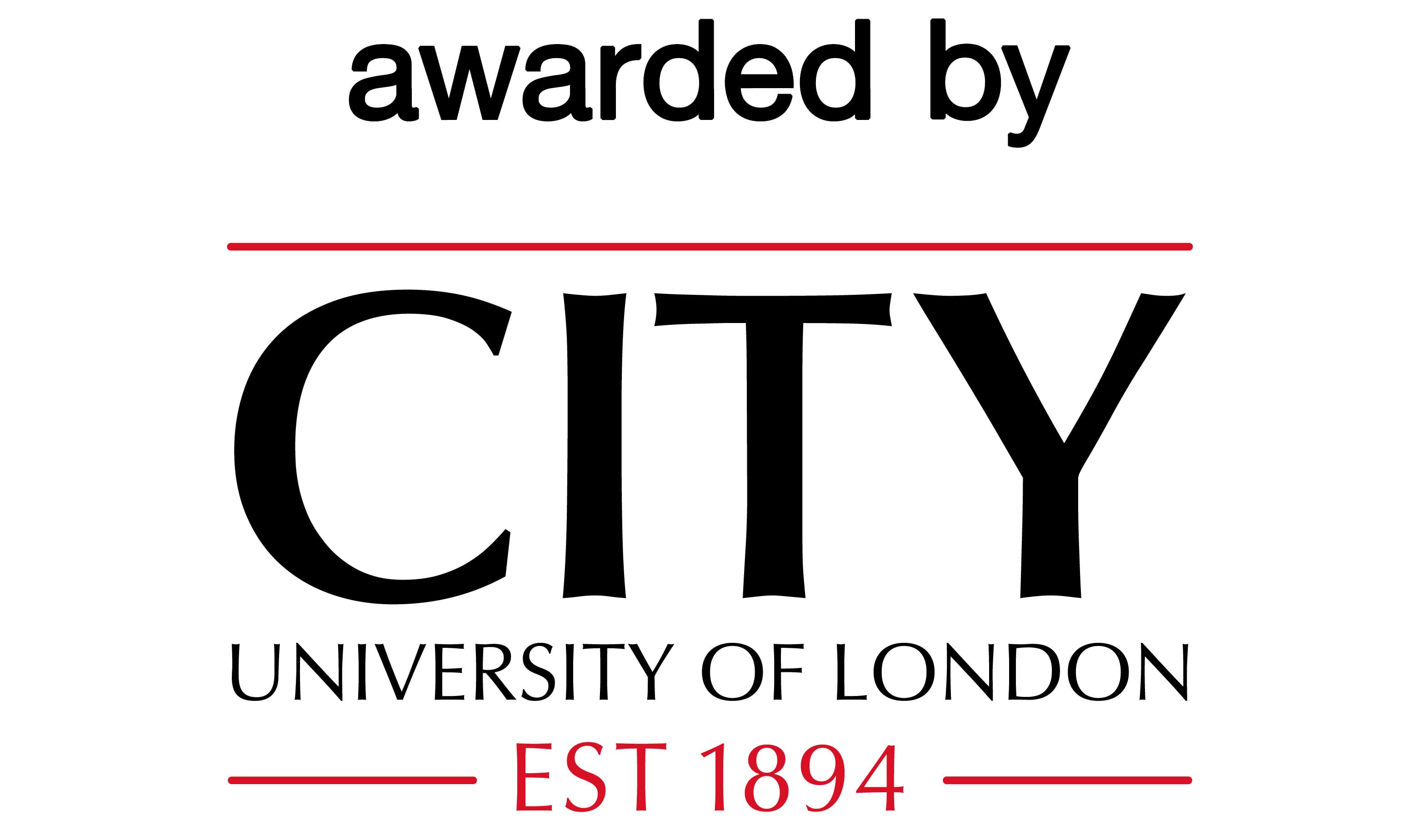
Civil Engineering - Foundation Year (City University)



ABOUT THE COURSE
This course is accredited by City University.
The Foundation Year for Civil Engineering allows you to gain the mathematical, scientific and technical knowledge to enrol on the first year of the M.Eng. or B.Eng. Honours Degree at City, University of London. It is a highly successful foundation programme, delivered in partnership with Westminster Kingsway College by its enthusiastic staff at the Victoria Centre. Upon successful completion of the foundation year, students gain direct access to the honours degree, continuing their studies at City’s campus, in Islington.
The Foundation Year programme and the honours degrees it feeds into are accredited by the Institution of Civil Engineers (ICE) and have been commended on several occasions in the University’s Quintennial Periodic Programme Reviews and the last two Higher Education QAA Reviews.
For information on our Higher Education policies including admissions, fees, and student contracts, please see the links below:
- Admissions Policy
- Complaints Policy
- Equality, Diversity and Inclusion Policy
- Fees Policy
- HE Student Contract
- Student Protection Plan
For our full list of policies, governance and fees please see our website Capital City College Group (capitalccg.ac.uk).
WHAT WILL I STUDY?
The Foundation Year programme is structured in 5 subjects:
- Mathematics
- Physics
- Mechanics
- Electronics and Information Technologies
- Life, Communication and Study Skills
The main subjects are Mathematics, Physics and Mechanics, which provide a substantial foundation consistent with the further study of an Engineering degree at university. In these subjects, you will learn to apply the mathematical tools used in modern engineering, such as algebra, calculus, numerical methods and matrices, and also the scientific principles underlying engineering applications, such as kinematics, dynamics, thermodynamics, fluid mechanics, mechanical properties of materials, and electricity.
In addition to those three main subjects, the component in Electronics and Information Technologies is aimed at giving students knowledge about the fundamentals of electronics, and practical skills in the use of IT in Engineering for analysing and presenting data, and also in Computer-Aided Design (CAD).
The study and communications skills component, together with considerable tutorial support, both in groups and individually, encourages the development of the student’s awareness of the learning process, to gain a well-established sense of their competence as learners.
WHAT WILL I NEED?
UCAS Tariff: 96 points
A Level: CCC
Pearson BTEC Level 3 National Extended Diploma (first teaching from September 2016): DDM
International Baccalaureate Diploma Programme: 27 points
GCSE: National 4/National 5
T Level: D
HOW WILL I BE ASSESSED?
The programme is mainly assessed through written examinations (75%) and coursework assignments (25%). All assessments are delivered immediately after the module they correspond to has been completed; assessment is therefore continuous and conveniently spread throughout the whole academic year. Planning of each module furthermore includes a full revision week within the lessons timetabled for that module before its corresponding written examination.
The examinations and assignments are set and marked by the programme’s lecturers and are independently verified by an External Examiner. Individual feedback is provided orally and by writing for each assessment normally within two weeks of the assessment taking place.
WHAT WILL IT COST?
Adults - Higher Education
You must pay fees to study a Higher Education (HE) course. If you have not studied one previously, you may be eligible to apply for an HE loan. Other financial support such as maintenance loans and disability support are also available.
Please see here for the documents you will need to show us.
Some courses will have other associated costs, such as for specialist materials and trips. Many of our students are eligible for financial support, see here for details.
£9250 - Year 1
WHAT CAN I DO AFTER?
Successful completion of the Foundation Year for Civil Engineering allows direct admission to the first year of the B.Eng. and M.Eng. engineering degrees offered by City, University of London.
It can also give access to undergraduate courses at other institutions or higher degree apprenticeships; in these cases, students will need to make specific enquiries with the institutions involved.
MEET SOME OF THE TEACHERS
Aferdita is an experienced Maths and Physics teacher with 17 years of dedicated service in education. Aferdita has always been fascinated by the physical world around us, it is this curiosity that led them to pursue a degree in Maths and MSc in Astrophysics and subsequently embark on a career in education. Teaching Maths and Physics has allowed them to combine a love for the subjects with a desire to make a positive impact on the lives of young minds.
Aferdita’s extensive teaching experience has not only solidified their expertise in the subjects but has strengthened their belief in the transformative power of education. Guiding young minds towards a deeper understanding and fostering a love for the subjects is the driving force behind their dedication to teaching. Aferdita is committed to making a positive impact on the lives of students and preparing them for success in their future endeavours.
Salahadin Adrwish
Dr Salahadin Adrwish studied mechanical engineering at the Birmingham Polytechnic graduating with HND and PGD (BEng Hons) and proceeded to attain MSc from the University of Central England (Birmingham Polytechnic) and finally, Ph.D. from the University of Birmingham in metallurgy and material science. He has over 30 years of professional experience at all stages of academia and engineering roles. Has provided technical consultancy and expertise in the fields of oil services, manufacturing, mechanical, and metallurgy. Visiting Professor at Misurata University. Has extensive teaching experience endorsed by the UK Education Department. Have submitted tenders and funding to local and national engineering, academic, and Health Authorities winning 6 figure sums.
Dr. Salahadin Adrwish has specialties in the following fields: metallurgy, manufacturing, mechanical engineering, and industrial logistics.
The teachers listed may change, these shown are an example of the teachers who teach on these programmes.

